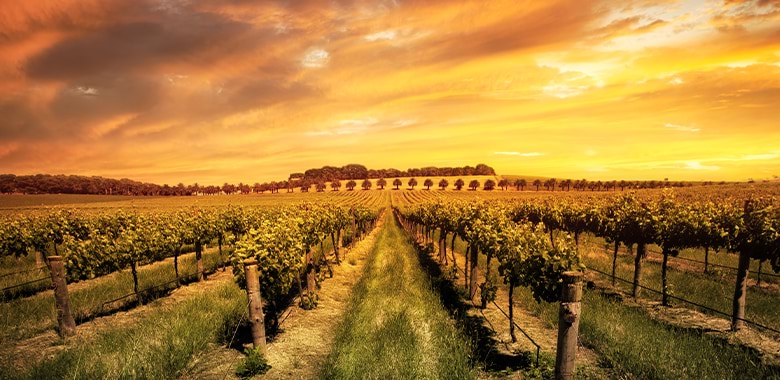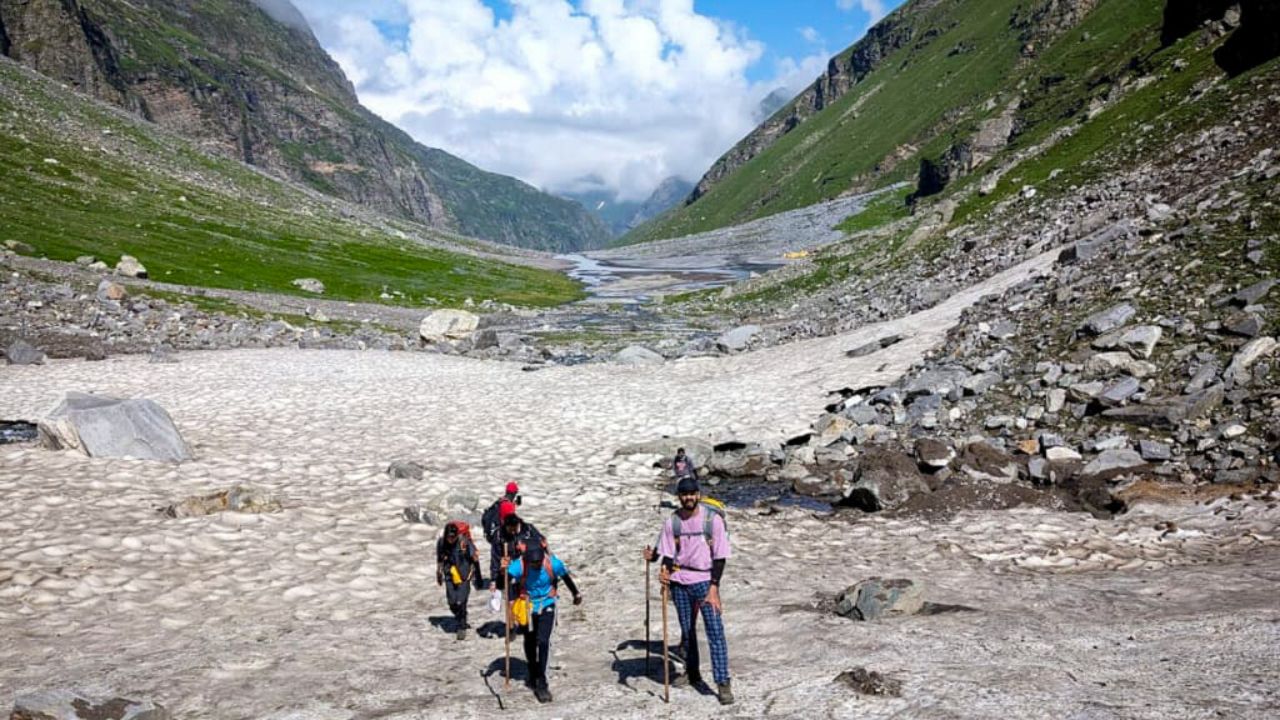Exploring Organic & Biodynamic Wineries in the Barossa Valley

Strong 8k brings an ultra-HD IPTV experience to your living room and your pocket.
Nestled in South Australia, the Barossa Valley is celebrated worldwide for its bold Shiraz and historic vineyards. But beyond its traditional roots, a new story is unfolding. A growing movement towards organic and biodynamic winemaking is taking hold, attracting wine lovers who are curious about sustainability and wines that truly express their origins. This guide will introduce you to this greener side of the Barossa, helping you explore wineries and Taste the Barossa that craft exceptional wines while caring for the land.
What Are Organic and Biodynamic Wines?
Before we explore the wineries, let's clarify what "organic" and "biodynamic" mean.
Organic wines are made from grapes grown without synthetic pesticides, herbicides, or fertilizers. The focus is on building healthy soil and fostering a balanced ecosystem in the vineyard. This approach not only benefits the environment but also allows the natural character of the grapes to shine through.
Biodynamic winemaking takes organic principles a step further. It views the vineyard as a single, self-sustaining organism. Biodynamic farmers follow a specific astronomical calendar for planting and harvesting and use specially prepared composts and herbal sprays. The goal is to create a vineyard that is deeply connected to its natural surroundings, resulting in wines with a unique vitality and sense of place.
Featured Organic Wineries
The Barossa is home to several pioneers of organic viticulture. These wineries blend tradition with a deep respect for nature.
Kalleske Wines
The Kalleske family has been farming in the Barossa for seven generations, but it was in the late 1990s that they officially adopted organic practices. Their entire estate is now certified organic and biodynamic.
Winemaking Philosophy: Kalleske is committed to creating wines that are a pure expression of their Greenock vineyard. They believe healthy soil and a thriving vineyard ecosystem are the keys to producing high-quality fruit.
Signature Wines: Their 'Greenock' Shiraz is a standout, offering rich, dark fruit flavors and a powerful structure. The 'Clarry's' Grenache Shiraz Mataro is another favorite, known for its vibrant character and drinkability.
Visit: Exploring this historic property is a must. You can delve into their philosophy and taste their range with Barossa Wine Tours.
Tscharke Wines
Damien Tscharke is a passionate advocate for alternative grape varieties and sustainable farming. His winery in Marananga is a testament to innovation and environmental stewardship.
Winemaking Philosophy: Tscharke focuses on minimal intervention, allowing the grapes to speak for themselves. The winery's design even incorporates sustainable building materials and energy-efficient systems.
Signature Wines: While they produce excellent Shiraz, look for their vibrant Savagnin or complex Montepulciano. These wines offer a different perspective on what the Barossa can produce.
Visit: A tasting at Tscharke’s stunning cellar door is an experience in itself. Join one of the Barossa Wine Tours to discover their unique approach to winemaking.
Featured Biodynamic Wineries
These wineries embrace a holistic approach, creating wines that are full of life and character.
Smallfry Wines
Run by the dynamic duo of Wayne and Suzi, Smallfry Wines is a small-scale winery with a big heart. They are champions of biodynamics and lesser-known grape varieties.
Unique Approach: Smallfry focuses on old-vine vineyards and co-fermenting different varieties to create complex, field-blend style wines. Their methods are hands-on and intuitive.
Distinctive Wines: Their 'Tangerine Dream' is a cult favorite—an amber wine made from various white grapes. Also, be sure to try their juicy Cinsault and expressive Grenache.
Visit: To get a real feel for their philosophy, Taste The Barossa on a tour that includes a visit to their quirky and welcoming cellar door.
Brooks Wines
Brooks is another boutique producer deeply committed to biodynamic principles. They craft small-batch wines that reflect the unique terroir of their Bethany vineyard.
Unique Approach: With a focus on single-vineyard expressions, Brooks allows the nuances of each vintage to shine. Their winemaking is gentle and precise, aiming for purity and elegance.
Distinctive Wines: Their Syrah (Shiraz) is elegant and peppery, offering a contrast to the more robust styles of the region. The Marsanne is another highlight, showcasing texture and complexity.
Visit: A tasting with the winemakers offers incredible insight. Ask your Taste The Barossa guide to arrange a personalized visit.
Practical Tips
Best Time to Visit: Autumn (March-May) is beautiful, with mild weather and harvest activity. Spring (September-November) is also lovely, as the vineyards come back to life.
Getting Around: The best way to explore is by car or by booking a guided tour. This allows you to relax and enjoy the tastings without worrying about driving.
Accommodation: The Barossa offers a range of options, from charming B&Bs in Angaston to luxury resorts near Tanunda.
Conclusion
Visiting the Barossa's organic and biodynamic wineries offers more than just a tasting—it provides a connection to the land and the passionate people who farm it. It’s a chance to understand how sustainable practices can lead to wines that are not only delicious but also alive with character. So, on your next trip, we encourage you to Taste The Barossa’s greener side and discover the heart and soul of this iconic wine region.
Note: IndiBlogHub features both user-submitted and editorial content. We do not verify third-party contributions. Read our Disclaimer and Privacy Policyfor details.







